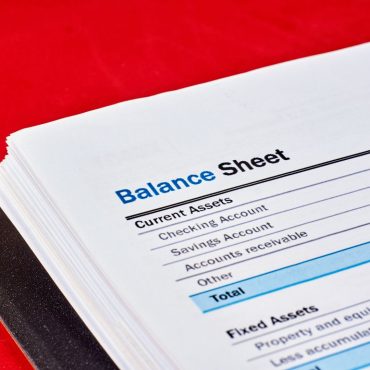Income Tax Return
ITR (Income Tax Return) is a form used by individuals and entities to report their income earned and taxes paid to the government. It summarizes financial transactions and ensures compliance with tax laws. Filing ITR is mandatory for taxpayers to declare their income and pay applicable taxes.
What is Income Tax Return
According to the Income Tax Act of 1961, a person under 60 years of age must file tax returns if a part of their income is taxable. If your taxable income exceeds Rs. 5 lakh in a financial year or you have paid advance tax, you also need to file an ITR. When filing tax returns, you also have to pay your due taxes as decided by your applicable income tax slabs.

Benefits of Income Tax Return
Legal Compliance:
It fulfills the legal obligation mandated by tax authorities, avoiding penalties and legal repercussions.
Claiming Refunds:
Taxpayers can claim refunds for excess tax paid through the ITR process, ensuring timely returns of their money.
Financial Documentation:
ITR serves as essential financial documentation, required for loan applications, visa processing, and other financial transactions.
Building Financial History:
Regular filing helps in building a credible financial history, which is beneficial for future financial planning and investments, demonstrating financial responsibility to institutions and potential business partners.
Types of ITR Forms
Types of ITR Forms
ITR 2
ITR 2A
ITR 3
ITR-4 or Sugam
ITR 4 or Sugam is for all types of professions, businesses, HUFs and undertakings. You can file ITR-4 if your total income includes business or professional income u/s 44AD, 44ADA or 44AE, income from one house property, salary income, and income from other sources. However, you can not file this form if your income is more than Rs. 50 lakh in a financial year.
ITR-4S
ITR 5
Co-operative societies, firms, Artificial Juridical Persons, Associations of Persons, local authorities, and Bodies of Individuals are eligible to file their income taxes with this form.
ITR 6
This form can be filed by any company only through online mode. Firms and organisations can use this form only if they are not claiming tax exemption under Section 11.
ITR 7
This form can be used only by political parties, religious or charitable trusts, colleges, universities, etc. to claim tax exemption.
Is it mandatory to file Income Tax Return?
Who should file Income Tax Returns?
Who Prepares the Balance Sheet?
1. All individuals, up to the age of 59, whose total income for a financial year exceeds Rs 2.5 lakh. For senior citizens (aged 60-79), the limit increases to Rs. 3 lakh and for super senior citizens (aged 80 and above) the limit is Rs. 5 lakhs. It is important to note that the income amount should be calculated before factoring in the deductions allowed under Sections 80C to 80U and other exemptions under section 10.
2. All registered companies that generate income, regardless of whether they’ve made any profit or not through the year.
3. Those who wish to claim a refund on the excess tax deducted/income tax they’ve paid.
4. Individuals who have assets or financial interest entities that are located outside India.
5. Foreign companies that enjoy treaty benefits on transactions made in India.

Documents Required for ITR Filing
- PAN Card
- Aadhaar Card
- Form 16
- Form-16A/ Form-16B/ Form- 16C
- Bank Account details
- Bank Statement/ Passbook
- Form 26AS and AIS/TIS
- Home Loan Statement
- Tax Saving Instruments
- Capital Gains Details
- Rental Income
- Foreign Income
- Dividend Income
FAQs on Income Tax Return
An ITR is a form used by individuals, businesses, and other entities to report their income earned and taxes paid to the government.
Anyone whose income exceeds the exemption limit set by the government, including salaried individuals, self-employed professionals, businesses, and entities earning income in India.
The due date varies depending on the taxpayer’s category and is typically July 31st for individuals and September 30th for businesses. It can be extended by the tax authorities in certain cases.
Late filing may attract penalties and interest charges. It can also lead to loss of certain tax benefits and opportunities to claim refunds.
ITR can be filed online on the Income Tax Department’s e-filing portal or offline by submitting a physical form to the tax office.
Yes, taxpayers can revise their ITR within a specified time frame if they discover any errors or omissions in the original filing.
Balance sheets are typically prepared at the end of each accounting period, such as quarterly or annually. Publicly traded companies must publish balance sheets quarterly and annually for transparency and regulatory compliance.
Filing ITR is beneficial for those with income below taxable limits as it serves as proof of income and can be required for various purposes such as visa applications, loan processing, and claiming tax refunds.
Tax liability is calculated based on taxable income after deducting eligible deductions and exemptions as per the Income Tax Act applicable for that financial year.
